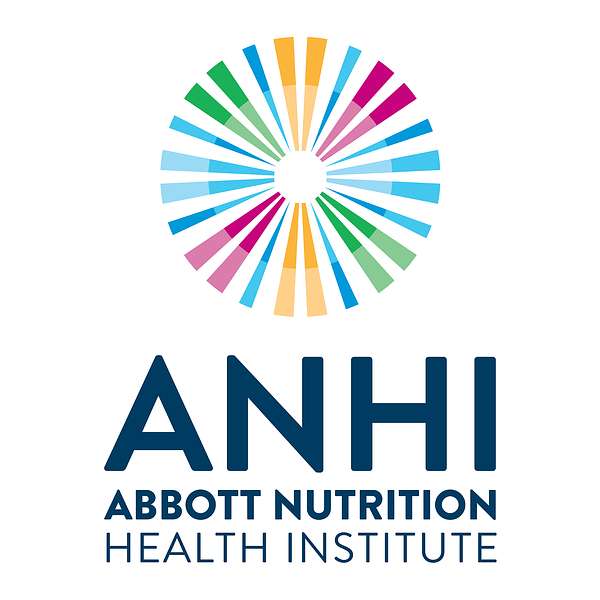
The Power of Nutrition Podcast
At Abbott Nutrition Health Institute (ANHI), we’re committed to improving lives through the power of nutrition, and we created this podcast series with that mission in mind. Join us as we speak with nutrition science experts around the world on the role nutrition can play in COVID-19, cancer, malnutrition, breastfeeding, dehydration, aging, exercise and more.
The Power of Nutrition Podcast
Evaluation of Nutritional Support & In-Hospital Mortality in Patients with Malnutrition
•
Abbott Nutrition Health Institute
In this 15-minute podcast, Nina Kaegi-Braun, MD, shares the results of a cohort study she and her colleagues conducted to evaluate nutritional support and in-hospital mortality in patients with malnutrition in Switzerland. The results of this study were published in the January 2021 edition of The JAMA Open Network.
See the full transcript on anhi.org.
CLICK TO SEE THIS PODCAST EPISODE'S TRANSCRIPT ON ANHI.ORG